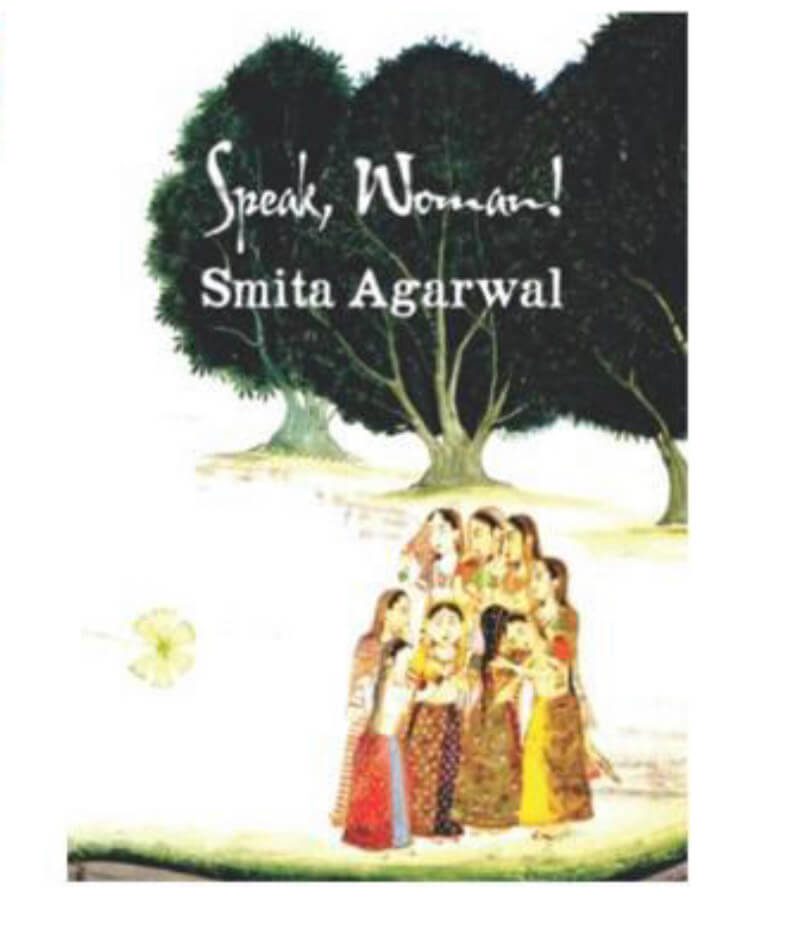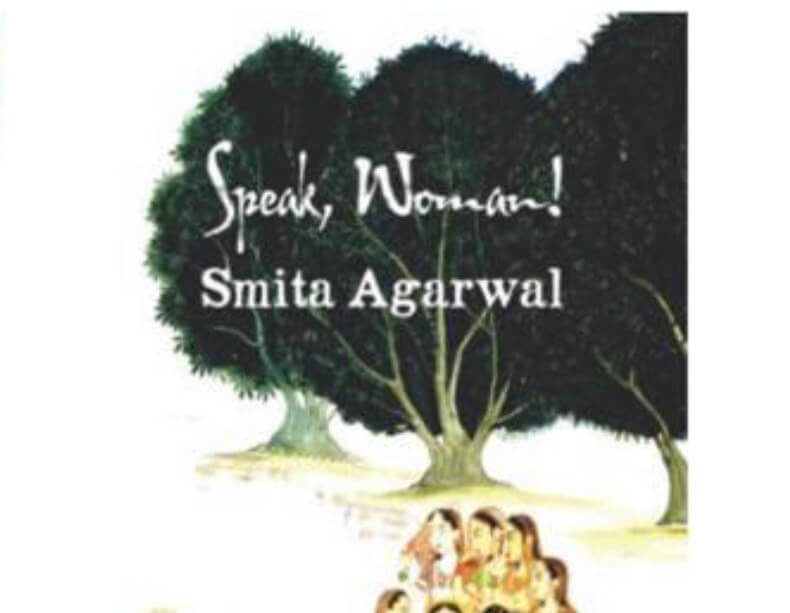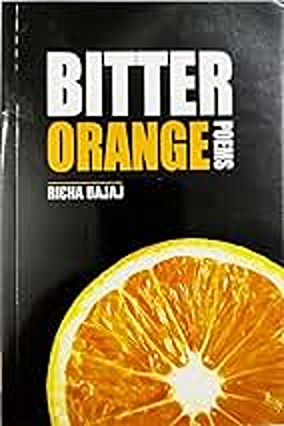Mamta reviews, ‘Speak, Woman!’, a collection of 38 pro-women poems, by Smita Agarwal, exclusively for Different Truths.

‘Speak, Woman!’ by Smita Agarwal, is a collection of 38 uncompromisingly pro-women poems.
The slim book of verses is a declaration of independence against internalised misogyny of women and dismantling inequalities between men and women.
Smita stops us in our tracks by her bold, bawdy, acidic and extremely evocative poems. What appealed to me most about the poems was the pleasant illusion that the poet was sitting across, as it were, and speaking to the reader provocatively and cajoling at times.
Smita stops us in our tracks by her bold, bawdy, acidic and extremely evocative poems.
Smita lashes out to docile women, pigeonholed by predatory victors, for holding their tongues, serving as a wrong example for women who want to be heard, not herded together.
In a short profound poem, Inverse, Smita bluntly defines the superiority of female mammaries over phallocentric thinking, acknowledging unabashedly that the phallus deflates while female breasts remain unvanquished.
Smita cajoles a daughter to tie Rakhi on her own wrist and ‘promise yourself to help yourself’…
Smita cajoles a daughter to tie Rakhi on her own wrist and ‘promise yourself to help yourself’ instead of looking askance for protection. No matter how strong women become, they still would be conditioned to say, ‘We love to be groped and raped.’
In one of her evocative poems, ‘Old Houses in the Sun’, Smita shares history, experiences and recipes, plucking at our heart strings.
‘The thick bottomed wok Is set on the stove, A generous pour of mustard oil, Some spices thrown in- The stories begin to cook.’
The vocabulary of feminism wasn’t there in a world inherited by grandmothers from their mothers. Whether it was Bua ji from Kothaar or Saklani Naniji of Dehradoon, the critique of silent suffering is searing.

‘Every year, her pilgrimage to Allahabad her walk barefoot to Sangam … … … … She would carry banana leaves In her cloth bag Wind them round her feet Tie them with twine Since by the time she returned The tarred surface of the road was a furnace.’
The slim book of verses is a fount of strength and release where Smita addresses her abusive mentor.
The slim book of verses is a fount of strength and release where Smita addresses her abusive mentor.
‘Your student-using with finesse The monkeyshines you taught her half in jest, Considering them not worth a pice Now minting a million ‘likes’! Her Instagram posts have gone viral.’
Smita bluntly defines the sexual universe of an ageing woman in ‘Mammarian Milonga.’
‘From below my salt and pepper hair, Through my failing eyesight, I perceived, If I wore a tight blouse, or, a body hugging kameez, these dangling duds would do The dance and jive to the tempo of ‘Dilbar, Dilbar!’
The tone of these whispers is sometimes elegiac but mostly stiletto sharp, with a piercing lexis.
Published by Red River, ‘Speak, Woman!’ is not a collection to be rushed through. All the five sections of ‘Speak, Woman!’: The rapist at my door, Aging, The pale blue dot and Bombay: separated by drawings of women in clusters, with almond shaped eyes, whisper quotidian secrets. The tone of these whispers is sometimes elegiac but mostly stiletto sharp, with a piercing lexis.
To conclude, ‘Speak, Woman!’ is a profound book, specially designed to express, to resist, to transform, empower and finally unite all women.
Cover sourced by the reviewer





 By
By
 By
By
 By
By
 By
By
I read the review and found it very helpful. I need permission to quote a few lines of this article for my research paper.
You may quote it in your research paper, acknowledging the source, with date. Please paste the link of this article too.